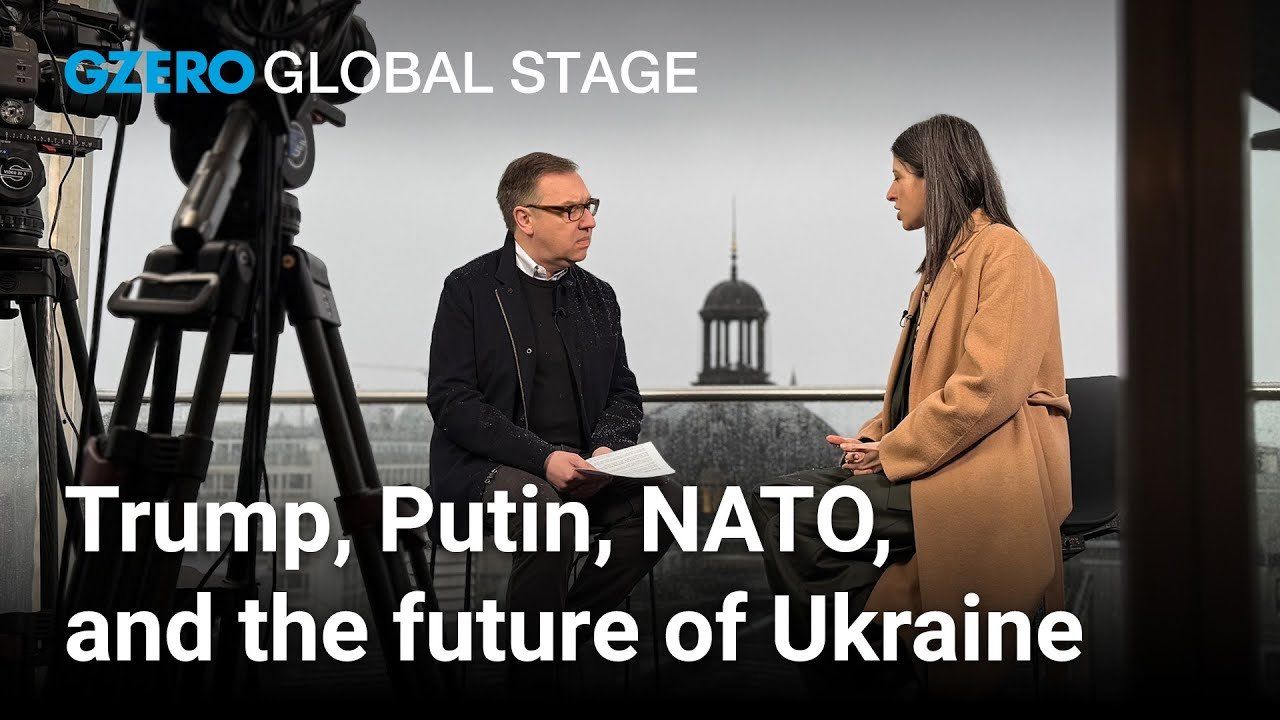February 13, 2025
“We cannot afford to be reactive,” said Alina Polyakova, President and CEO of the Center for European Policy Analysis (CEPA), responding to the news of President Trump’s recent call with Vladimir Putin.
Trump’s conversation with Putin, which reportedly included discussions on reducing US commitments to NATO, has sent shockwaves through European security circles. Meanwhile, US Secretary of Defense Pete Hegseth’s recent remarks suggesting that Europe must take more responsibility for its defense have further fueled uncertainty among US allies.
Polyakova cautioned that authoritarian regimes are watching closely, using AI-driven disinformation and cyber warfare to exploit divisions. “The transatlantic alliance is at a crossroads,” she warned. “This is a moment where democracies must assert their leadership, not retreat.”
With European elections looming and global security tensions rising, the debate over the US commitment to its allies will remain a central issue in Munich in 2025—and one that will shape the future of Western security.
This interview, conducted by Tony Maciulis, is part of the Global Stage series at the 2025 Munich Security Conference, presented by GZERO in partnership with Microsoft.
From Your Site Articles
- Putin shouldn't test NATO unity, says analyst Alina Polyakova ›
- Why Ukraine is the target of Russian aggression – analyst Alina Polyakova ›
- Putin has a “noose” around Ukraine, says Russia analyst Alina Polyakova ›
- Did Trump actually talk to Putin? ›
- The endless ends of Vladimir Putin ›
- Putin is still winning ›
- Ian Explains: Putin's Ukraine gamble ›
More For You
People in support of former South Korean President Yoon Suk Yeol rally near Seoul Central District Court in Seoul on Feb. 19, 2026. The court sentenced him to life imprisonment the same day for leading an insurrection with his short-lived declaration of martial law in December 2024.
Kyodo
65: The age of former South Korean President Yoon Suk Yeol, who was sentenced to life in prison on Thursday after being found guilty of plotting an insurrection when he declared martial law in 2024.
Most Popular
In an era when geopolitics can feel overwhelming and remote, sometimes the best messengers are made of felt and foam.
Hungarian Prime Minister Viktor Orban holds an international press conference in Budapest, Hungary, January 5, 2026.
REUTERS/Bernadett Szabo/File Photo
The Hungarian election is off to the races, and nationalist Prime Minister Viktor Orbán is facing his most serious challenger in 16 years.
How people in G7 and BRICS countries think their policies will effect future generations.
Eileen Zhang
Does skepticism rule the day in politics? Public opinion data collected as part of the Munich Security Conference’s annual report found that large shares of respondents in G7 and several BRICS countries believed their governments’ policies would leave future generations worse off.
© 2025 GZERO Media. All Rights Reserved | A Eurasia Group media company.
